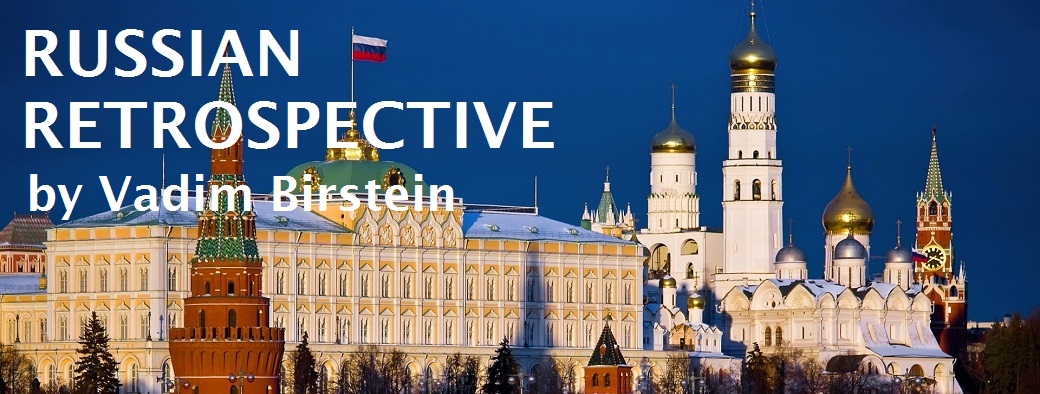Raoul Wallenberg’s Family Sues for Archival Access
 On July 26, 2017, relatives of Raoul Wallenberg, the Swedish diplomat who disappeared after helping at least 20,000 Hungarian Jews escape the Holocaust in Hungary in 1944, have filed a lawsuit asking the KGB’s main successor agency to provide full and uncensored documentation about his case.
On July 26, 2017, relatives of Raoul Wallenberg, the Swedish diplomat who disappeared after helping at least 20,000 Hungarian Jews escape the Holocaust in Hungary in 1944, have filed a lawsuit asking the KGB’s main successor agency to provide full and uncensored documentation about his case.
Wallenberg’s niece Marie Dupuy made the following statement:
I have taken this step reluctantly and only after numerous requests to Russian authorities over many years, publicly and privately, by myself, by expert historians and Swedish officials, have failed to yield any results. In September 2016, I, together with other members of Raoul’s family and a delegation of researchers, traveled to Moscow to meet personally with representatives from the Russian Ministry of Foreign Affairs (MID) and the Federal Security Service of the Russian Federation (FSB). At the meeting, we handed over a comprehensive catalogue of unanswered questions and requests that the Russian side can and must answer before the mystery of Raoul Wallenberg’s disappearance can be laid to rest. So far, we have received no satisfactory reply to our questions.
Raoul’s family – beginning with his parents, Maj and Fredrik von Dardel, followed by his siblings, Guy von Dardel and Nina Lagergren – has fought for more than seven decades to discover the truth about his fate. The formal court filing today continues the research my father, Guy von Dardel, carried out in cooperation with his team of Russian and international researchers and other Wallenberg experts during the 1990s. In recent years, it has become evident that Russian archival collections contain documents with direct relevance for Raoul’s fate that neither his family nor independent experts have been allowed to review. It is clear that if uncensored access to this documentation were granted, the Wallenberg case could almost certainly be solved.
For us, the bonds of family are sacred and indestructible. Our search for answers will continue until we know what happened to Raoul Wallenberg, and why.
Ivan Pavlov, legal representative of the Dardel/Dupuy family (Team29, St. Petersburg, Russia), filed the lawsuit at the Meshchansky Region Court, Moscow.
Susanne Berger, Coordinator of The Raoul Wallenberg Research Initiative RWI-70, also made a statement in support of the lawsuit:
Raoul Wallenberg’s family files legal action in Russia
The RWI-70 welcomes and fully supports the decision by Marie Dupuy, Raoul Wallenberg’s niece, to initiate legal action in Russia to seek direct and uncensored access to specific records held by the Federal Security Service of the Russian Federation (FSB). The records at issue are entries in official prison registers of two Moscow prisons, the Inner (Lubyanka) Prison and Lefortovo Prison, for the years 1945 through 1947. They concern Raoul Wallenberg and his driver, Vilmos Langfelder, who were detained together in Hungary in January 1945. They also reference prisoners closely associated with the Wallenberg case, including Wallenberg’s long- time cellmate, the German diplomat Willy Rödel.
Russian authorities released partial copies of these entries in 1991. However, in spite of countless requests over two decades by Ms. Dupuy, researchers, as well as Swedish diplomats, Russian officials have never allowed an independent review of the original documentation, in violation of current Russian and international law. The documents can provide information that will help researchers to determine the identity of a currently unknown “Prisoner no. 7” who was interrogated for more than 16 hours, along with Vilmos Langfelder, on July 22-23, 1947 – six days after Wallenberg’s official date of death (July 17, 1947). FSB archivists have publicly claimed that this “Prisoner no. 7” was “with great likelihood Raoul Wallenberg.” In 1991, Russian authorities apparently intentionally withheld key documentation regarding “Prisoner no. 7”, a decision that still awaits a full explanation.
The reaction of Russian authorities has not been reported yet.
The outstanding questions to the Russia archives are here in long and short form:
